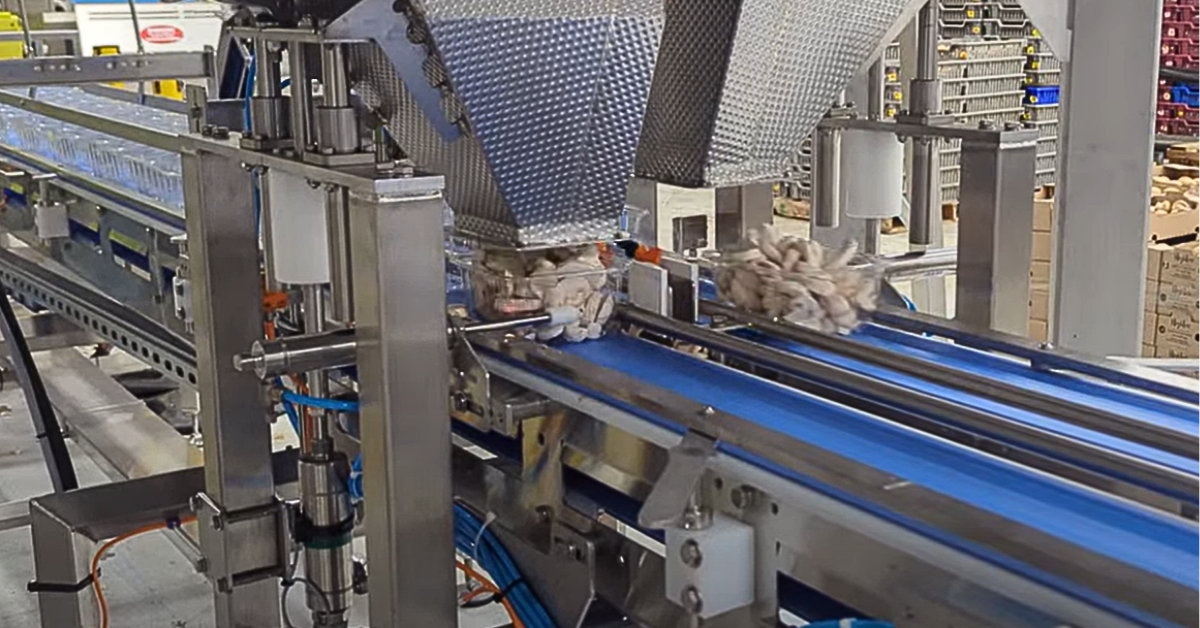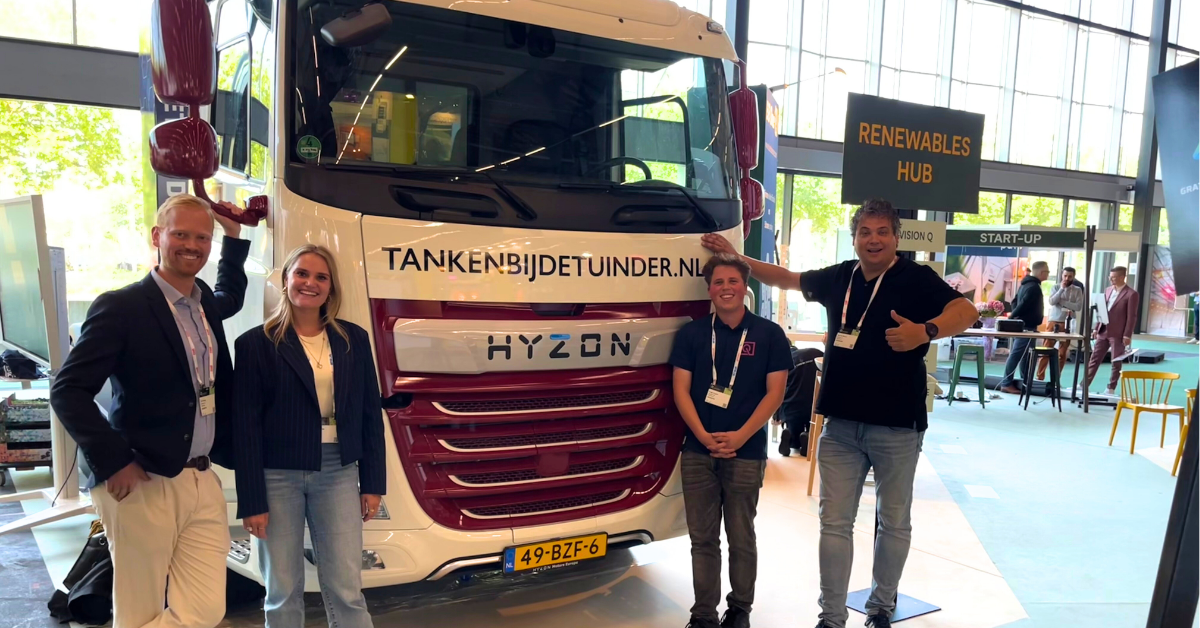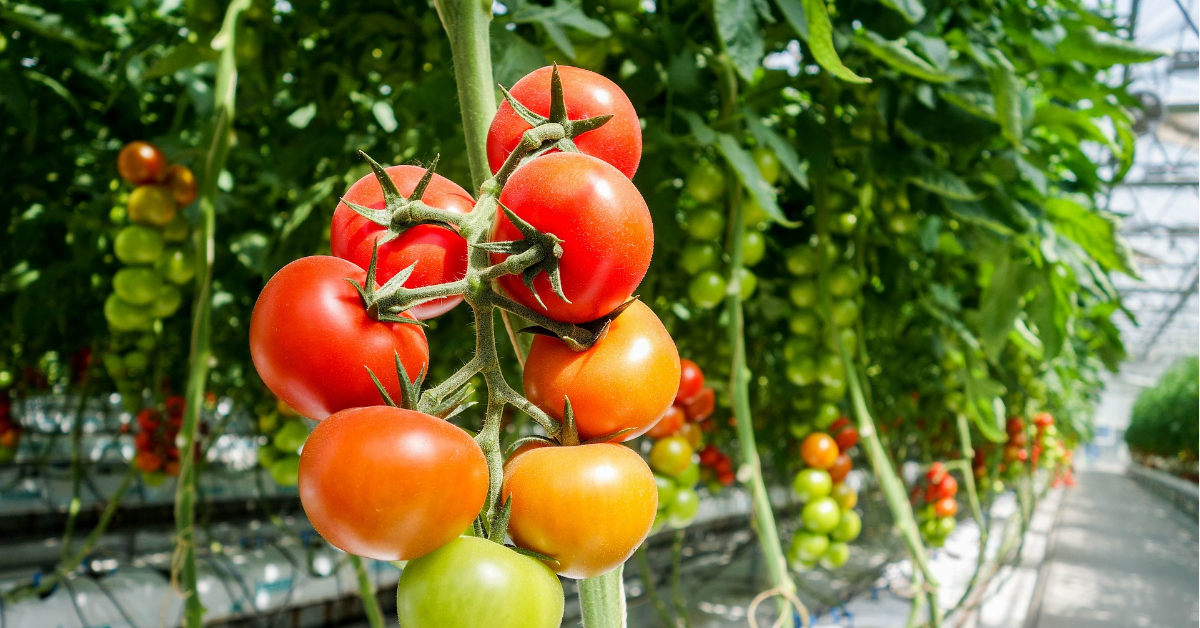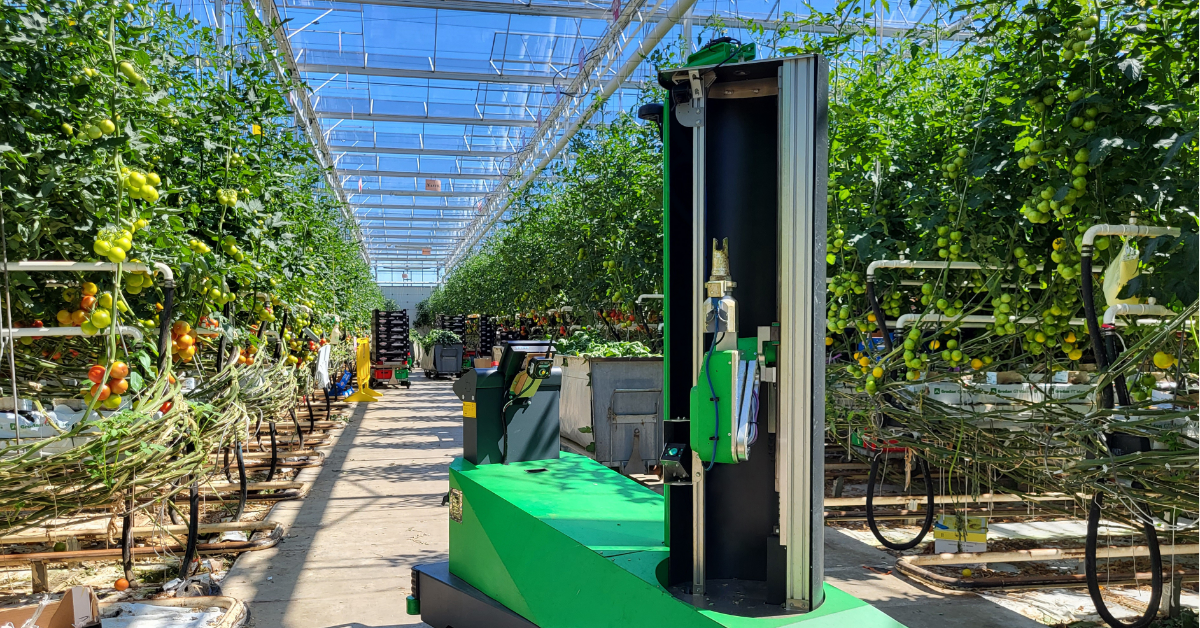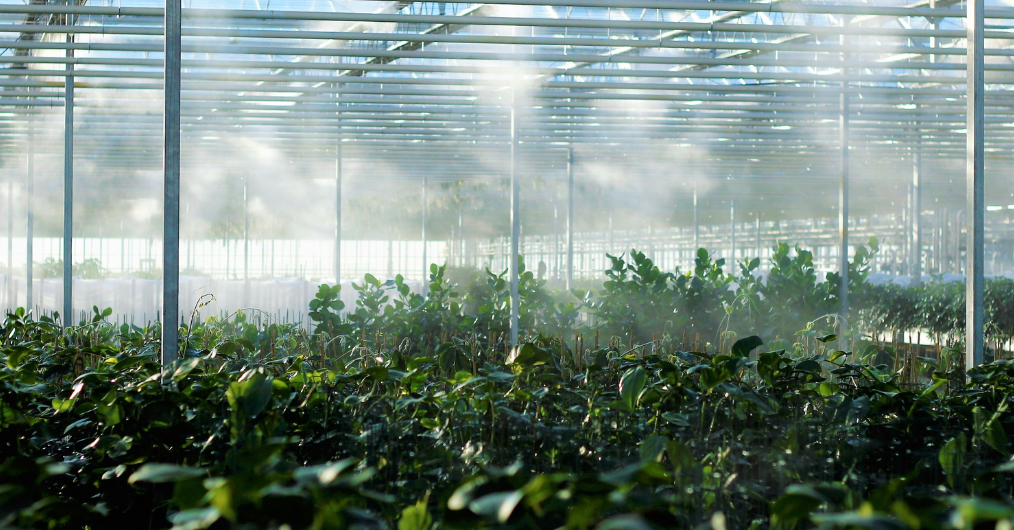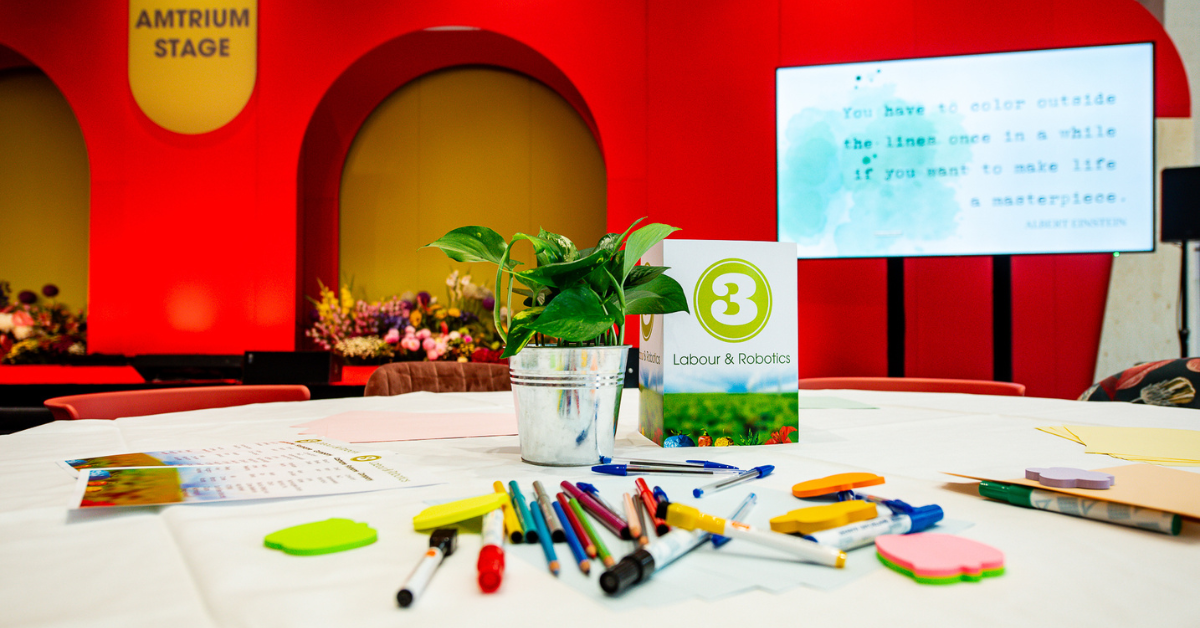Power Day: Ambassadors and storytelling 'Key to Success'
 Author: Rachel Anderson
Author: Rachel Anderson“We need to tell our story” was the resounding conclusion of the dozens of industry leaders – including growers, suppliers, and people from the finance sector, government, and logistics, who participated in Power Day – Human Skills Make a Difference.
This special GreenTech Amsterdam side event took place on the morning of Wednesday, June 12 (2024), and saw invitees from all aspects of the sector network with one another, make new business connections, and discuss how best to attract new people into the protected horticulture industry.
They agreed that, in the near future, robots and artificial intelligence (AI) will not be able to replace all of work and so there will still be a requirement for people with varying levels and types of skills.
As the event’s moderator Peter Klapwijk, Owner Consultant Coach at 2HARVEST, said: “Human skills are very important. But it’s becoming more and more difficult to find employees – it’s the most important limiting factor at this moment.”
The breakfast time event saw the attendees work in groups to participate in round-table discussions where they debated topics such as “What is needed to be an attractive employer?” and “How can we make the horticulture industry as attractive as possible to work in?” Following the discussions, the invitees reconvened and came to some resounding conclusions about how best to attract new people into the controlled environment horticulture sector.
Growing food is fun!
Guest speaker Stijn Weijns, Managing Director at Quality Tomato Morocco, echoed the conclusion drawn by each of the Power Day groups when he said: “You know, there is funding, there's tech universities, there's robotics, there’s food production. The only thing that is lacking is ambassadors and good storytelling.”While guest speaker Mikel Honders, COO at FoodVentures – which specialises in initiating and operating new greenhouse in new locations, added: “I think, from time to time, we might not be proud enough to tell people how much fun it actually is to produce food and to grow [your career] within the sector.”
He also observed that the sector is adept at securing funding from investors and so he suggested that it should learn how to apply the same level of tenacity to recruiting new employees. “That’s the challenge. How do we utilise the knowledge we have on acquiring financing to get the people?”
Finding creative solutions together
Prior to the round table discussions, Michela van der Heijden, Global Lead Life Sciences at Brunel, life sciences at from workforce solutions provider Brunel, noted that the STEM (science, technology, engineering, and maths) industries are all “fighting for talent,” which is a challenge. She therefore advised employers in the sector to familiarise themselves with developments in the labour markets in order to have “a better grip on the availability of talent” so that “you can have a different approach to how you can look at the skills [you require] and hire in a different way.” To that end, vd Heijden suggested taking a more skills-based approach to recruitment instead of looking for the perfect applicant/candidate “because if we all search for the purple turtle, we will end up with nothing.” She added: “I think we should just connect and find creative solutions together. And that’s the power of us all being together.”Arguably, the collaboration between CEICKOR University in Mexico and the salad producers in the country is leading by example. Felix Tarrats, CEO of CEICKOR University and a grower in Mexico, revealed that horticulture companies actively invest in the university and provide practical experience for the students who then go and work for them once they’ve graduated. The university is so popular, he said, that each year it has to turn away applicants. He added that the university has successfully gained a good reputation in part because of its campus’ good facilities.
Showing and telling
Meanwhile, vd Heijden advised companies to ensure their industry has the right image, asking: “How can you build a good brand for yourself?”Jolanda Heistek, Manager of Cooperative Service at Royal FloraHolland, noted that her round-table concluded that industry ambassadors could help tell the sector’s story (and create the right image) by making a promotional video (that could also be used on social media platforms such as TikTok). The video, she said, could enlighten people on what it’s like to work in an industry whose main purpose is “making people happy and bringing them good and healthy foods.”
Leo Swart, Creative Consultant at Cresultant, opined that the industry should also be proactively telling the world about the good work it does – rather than constantly defending itself against bad press about issues such as pesticide usage.
He said: “We have to stop defending and instead show and tell what we're doing. We let the media report on the mistakes that only some make but then the whole industry is put into a bad corner – when, in fact, most growers are doing the right thing.”
“We also need to acknowledge that we need to develop in some areas and be vulnerable, that we can do better, but then work together with new people, including NGOs, and tell our story. As the robots that are everywhere at GreenTech demonstrate, it is not an old fashioned industry but a very modern one.”
Arguably, many of the businesses represented by those industry leaders who led the Power Day are testament to the fact that the horticulture sector is a pioneer in producing healthy food sustainably and to a high standard. Bart van Meurs, for example, is Founder of Division Q, which (together with its partners) develops technical innovations to make the greenhouse horticulture sector more sustainable.
And Maren Schoormans is Business Manager at Normec Groen Agro Control, which (for the horticulture sector) analyses the residues, microbiology, and nutrient content of fresh produce.
Schoormans said: “We need to have enough ambassadors walking around to create enough impact and exposure – not less because we are the healthiest bit of the food industry. It's always an unfair battle [in the press] so there should be a proactive stream of messages on how the industry is actually making efforts to become carbon neutral and use zero pesticides, because it is possible, and some such companies already exist.”
He added that, currently, “The industry is communicating in a very polite and very boring way. So, we need to honour, let's say, the ‘sexiest’ parts of the industry, which is, for example, vertical farming and space farming. That is a story that young people like and can identify with. You can actually use artificial intelligence, LED lighting and climate controls to produce vegetables on Mars. That’s interesting.”
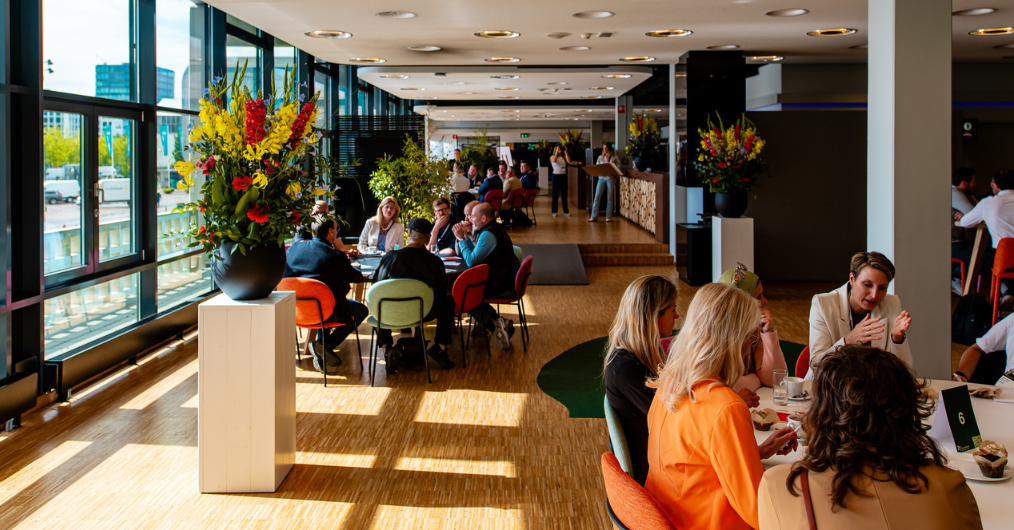
.png?h=628&iar=0&w=1200)
